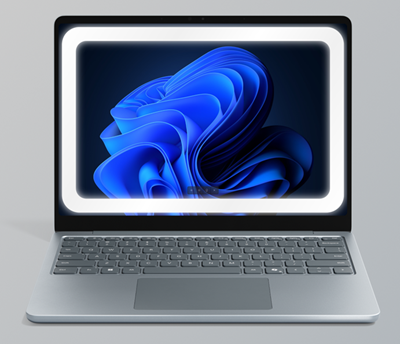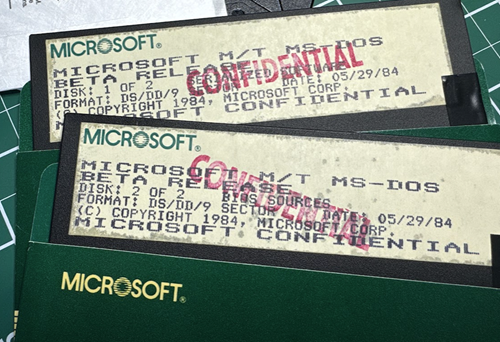Android Dreams: Converting App Designs to Kotlin Code with AI Power
Streamlining Design to Code with AI
AI is changing how we build Android apps, especially when it comes to turning designs into actual code. It’s not about replacing developers, but more about giving us tools to work faster and smarter. I’ve been playing around with some AI-powered solutions, and it’s pretty wild how much time they can save.
Automating UI Generation for Kotlin
One of the coolest things is how AI can now generate UI code directly from design mockups. Forget manually coding every button and layout – AI can analyze a design and spit out the Kotlin code for it. It’s not always perfect, of course. You still need to tweak things and make sure everything is pixel-perfect, but it gets you a huge head start. I remember spending hours just setting up basic layouts, and now AI can do that in minutes. It’s a game-changer. I’ve found that using tools that support Canva Code can really speed up the process.
Here’s what I’ve noticed:
- AI can handle repetitive tasks, like creating basic UI elements.
- It reduces the chance of errors in layout code.
- It lets developers focus on the more complex parts of the app.
It’s important to remember that AI-generated code isn’t always production-ready. You still need to review it carefully and make sure it meets your standards. Think of it as a really helpful assistant, not a replacement for a skilled developer.
Accelerating Development with Image to Kotlin Conversion
Another area where AI is making a big difference is in converting images to Kotlin code. Imagine you have a complex custom view designed in a tool like Figma or Sketch. Instead of manually recreating that view in code, you can use AI to analyze the image and generate the corresponding Kotlin code. This is especially useful for complex animations or custom UI elements. It’s not always a one-click solution, but it can save a ton of time and effort. I’ve been experimenting with different tools, and some are surprisingly accurate. It’s like having a magic wand that turns pictures into code. I’ve found that validating the AI output is key, as it’s a collaborator, not a replacement. It’s also important to be specific in prompts, including your tech stack and constraints. Maintaining final ownership is also important, as you’re responsible for the code you ship. Combining multiple AI tools is also helpful, as each has strengths for different tasks.
Leveraging AI Tools for Android Development
Top AI Platforms for Kotlin Integration
When I first tried to add AI to my Android project, it felt like learning a new language. Over time, a few platforms stood out for making the process smooth and almost fun.
| Platform | Main Use | Quick Note |
|---|---|---|
| TensorFlow Lite | On-device ML for images and text | Compact models run offline |
| Codia Code – AI-Powered Pixel-Perfect UI for Web, Mobile & Desktop in Seconds | UI generation from wireframes | Speeds up your layout drafts |
| ML Kit | Vision, language, face tracking | Easy tie-in with Firebase tools |
These tools let you drop in smart bits without rewriting your whole app. You can test a model on the emulator, tweak a few lines in Kotlin, and see results in seconds.
Enhancing User Experience with AI-Powered Features
I remember adding a tiny chatbot to a demo app and watching people actually talk to it. It felt wild to see a simple screen turn into something that listens.
- Smart reply suggestions that adapt to how people chat
- Personalized in-app tips based on user habits
- Instant image tagging so users know what’s in their photos
Adding AI can light up a basic layout. It watches what users do and reacts in real time.
Speed matters when every tap needs a quick response. These smart add-ons can cut dev time in half.
The Future of Android App Creation
AI’s Impact on Mobile Architecture
Mobile architecture is on the cusp of a major shift, thanks to AI. We’re not just talking about small tweaks; it’s a fundamental change in how apps are designed and built. AI is set to automate many of the tedious tasks that developers currently handle, freeing them up to focus on more creative and strategic aspects of app development. Think about it: AI could handle things like code optimization, bug detection, and even suggesting architectural improvements based on usage patterns. This means faster development cycles, more robust apps, and a better overall experience for both developers and users. It’s a win-win, really. The rise of low-code platforms will also play a big role.
Building Intelligent Apps with Kotlin and AI
Kotlin, with its concise syntax and modern features, is already a favorite among Android developers. Now, imagine combining Kotlin with the power of AI. We’re talking about apps that can learn, adapt, and personalize the user experience in ways we’ve only dreamed of. For example:
- AI-powered chatbots that provide instant support.
- Apps that predict user behavior and offer proactive assistance.
- Personalized content recommendations based on individual preferences.
The possibilities are endless. The key is to start thinking about how AI can solve real-world problems and then use Kotlin to bring those solutions to life. It’s not just about adding AI for the sake of it; it’s about creating intelligent apps that truly make a difference in people’s lives.
AI tools like ChatGPT can help with AI coding assistance.
Making Android apps is changing fast! New tools are making it easier than ever to create amazing apps. Want to see how? Check out our website to learn more about the future of app building and how you can be a part of it.




